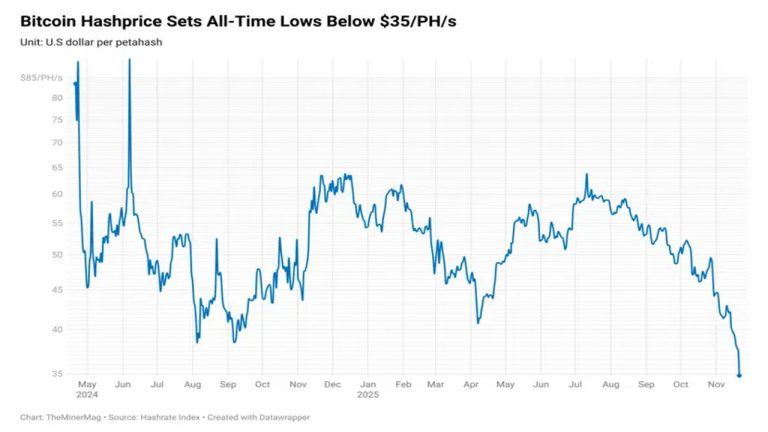Bankrupt crypto lender Genesis sues Gemini to recover $689M of ‘preferential transfers’
2 min read
Bankrupt crypto lender Genesis Global Capital has filed a lawsuit against cryptocurrency exchange Gemini to recover $689 million in preferential transfers, according to a Nov. 21 court filing.
The lawsuit alleges that during the 90-day period before Genesis filed for bankruptcy in January, Gemini withdrew an “aggregate gross amount of no less than approximately $689,302,000” at the expense of other creditors and continues to benefit through retaining the property Genesis seeks to recover. Genesis’s council requested the court to use the remedies provided by the United States Bankruptcy Code to correct the “unfairness and return Defendants to the same position as Plaintiff’s other similarly-situated creditors.”
The two crypto giants have been embroiled in a public feud over the recovery of funds that escalated into lawsuits after the collapse of crypto exchange FTX in November 2022.
Apart from legal remedies, the CEOs of the two companies were also involved in public spats, accusing each other of noncooperation and threatening legal action.
Gemini filed an adversary proceeding against Genesis on Oct. 27 to use 62,086,586 shares of its Grayscale Bitcoin Trust. The shares were used as collateral to secure loans made by 232,000 Gemini users to Genesis through the Gemini Earn program. The collateral is currently worth roughly $1.6 billion.
Related: Court approves Genesis settlement of $175M to FTX, expunges billions in claims
Genesis filed for bankruptcy in January after suspending withdrawals in November 2022. The Genesis bankruptcy adversely affected the Gemini Earn program, leading the crypto exchange to sue Genesis parent company Digital Currency Group (DCG) and its CEO Barry Silbert for fraud in July.
In September, Genesis also sued DCG, seeking the repayment of multiple loans worth over $600 million.
Magazine: Deposit risk: What do crypto exchanges really do with your money?







